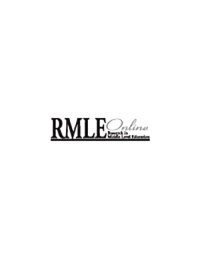tandfonline.com har udgivet en rapport under søgningen “Teacher Education Mathematics”:
Abstract
Abstract
The purpose of this qualitative case study was to explore how young adolescents participated in various activities in a science summer camp. A total of 26 Taiwanese students and 16 U.S. students participated in a one-week “Argue like a Scientist” summer camp. Based on the design features of project-based learning, this science summer camp aimed at engaging the students in collaborative scientific argumentation about alternative energies and involved them in various activities related to alternative energies such as a field trip to an ethanol plant and a hands-on project building a solar car. All activities, including the students’ collaborative argumentation, were recorded. Their post-camp surveys were also collected. Three themes emerged from the data analysis. First, regardless of cultural background, age, or gender, all students actively constructed their understanding of alternative energies by participating in all hands-on activities: conducting research on different types of alternative energies, building their solar cars, and racing their solar cars. Second, regardless of cultural background, age, or gender, all students were engaged in the discussion and exploration of a real-word meaningful problem: “Which alternative energy is the best?” Third, regardless of cultural background, age, or gender, all students engaged in the social interaction with the support of a cognitive tool. This study concluded that the summer camp incorporated four principles of project-based learning (active construction, situated learning, social interaction, and cognitive tool), showing the potential of engaging students in science.
